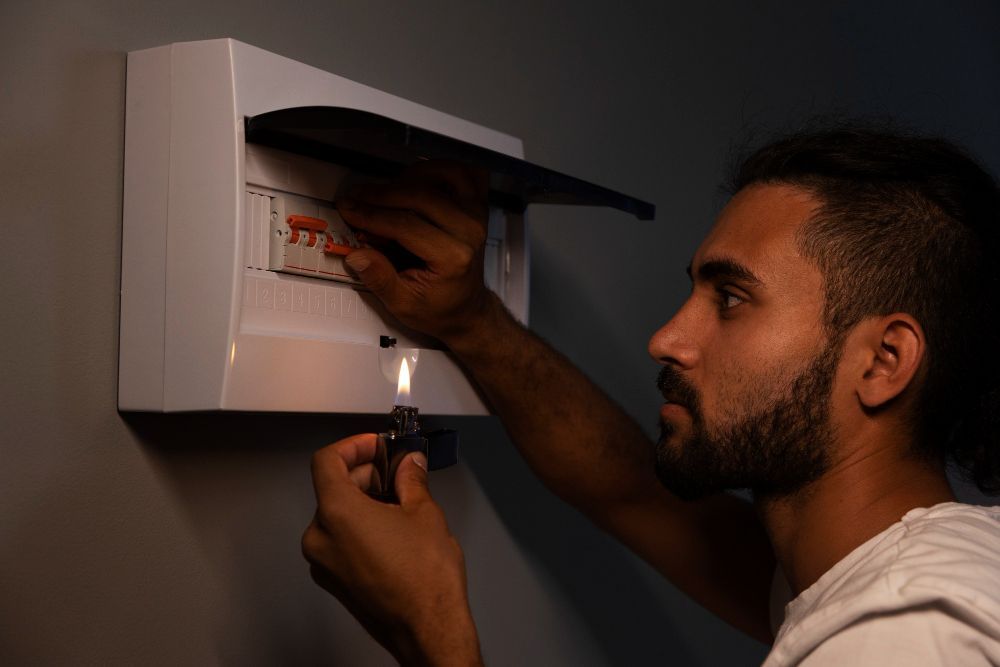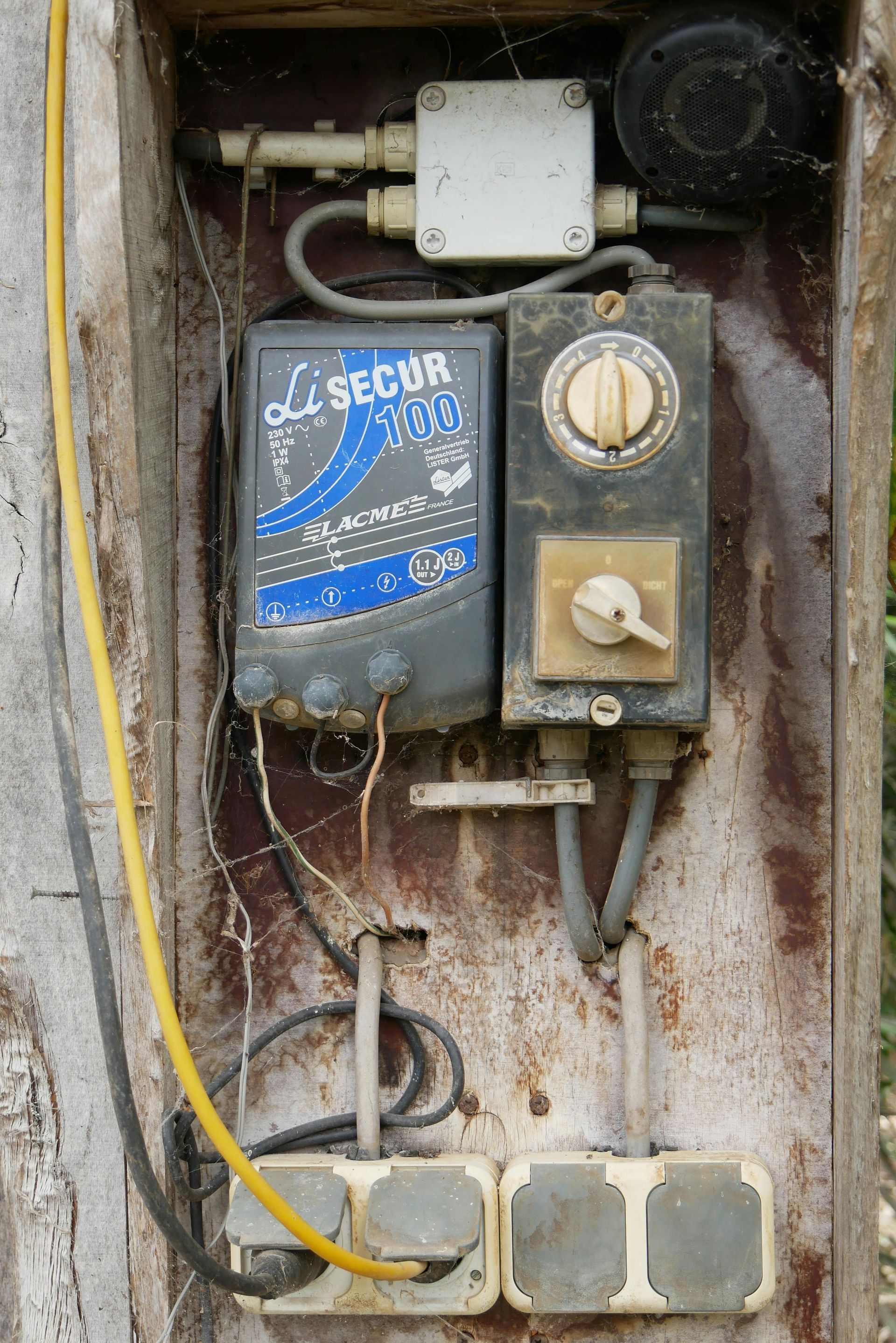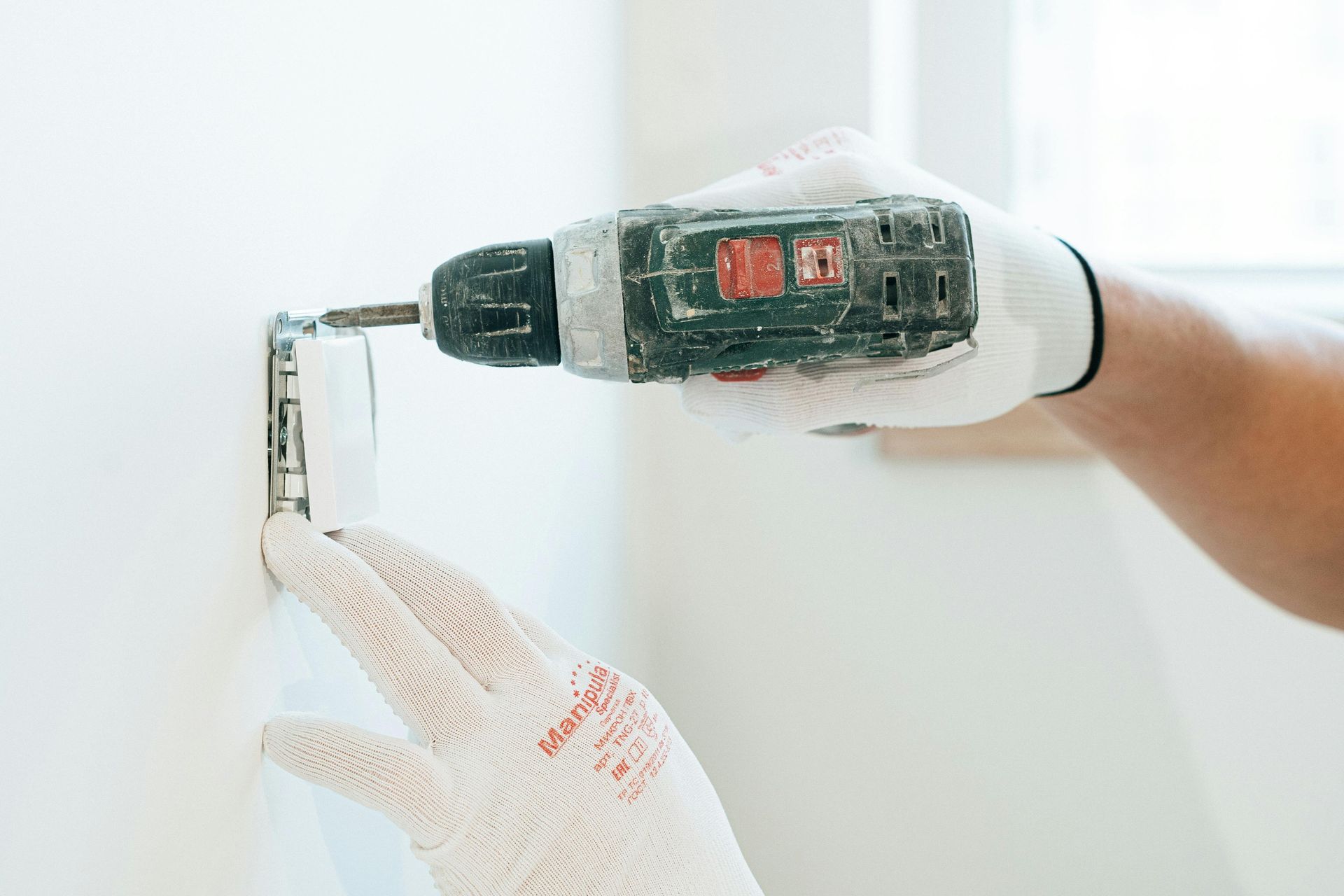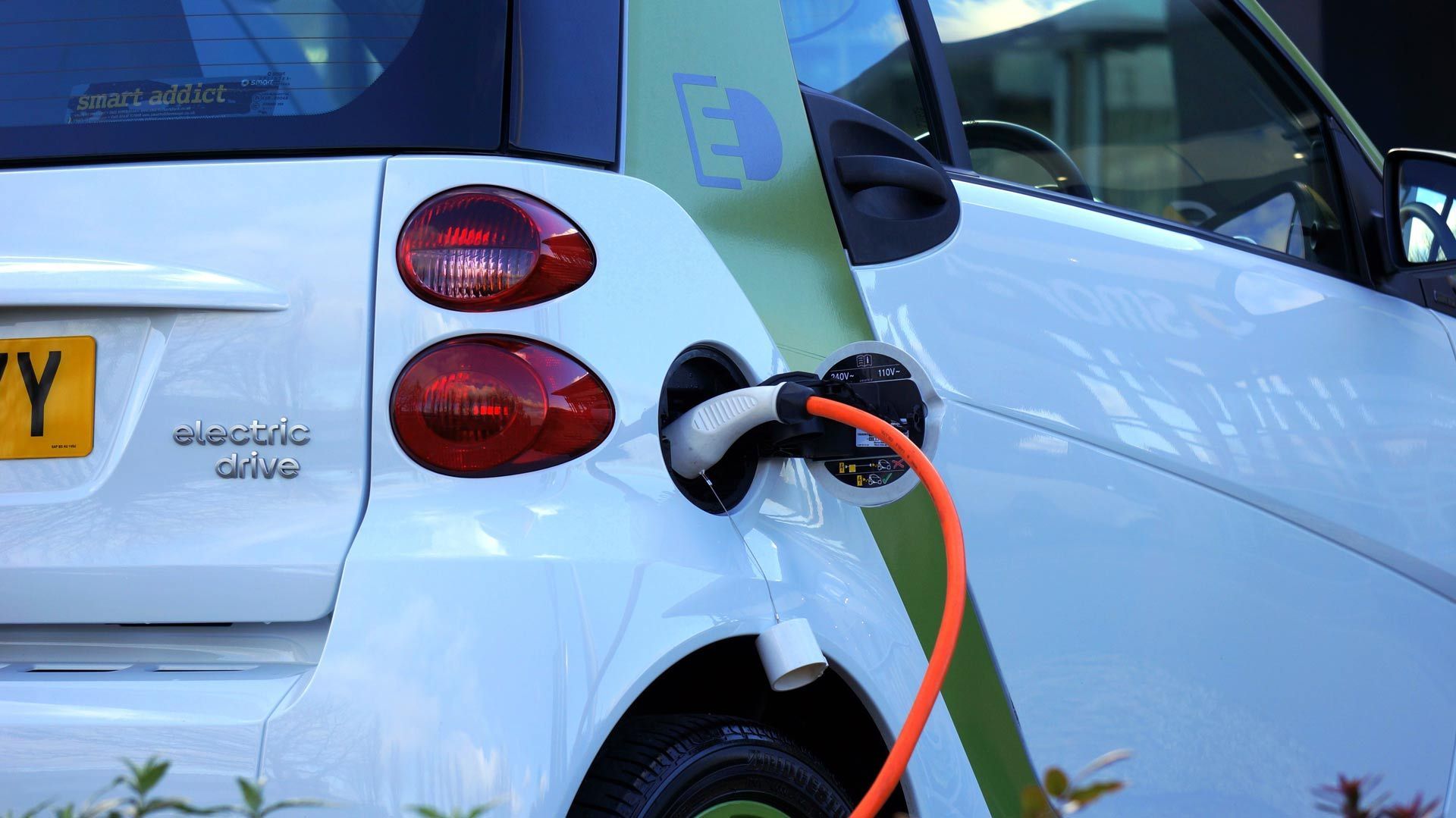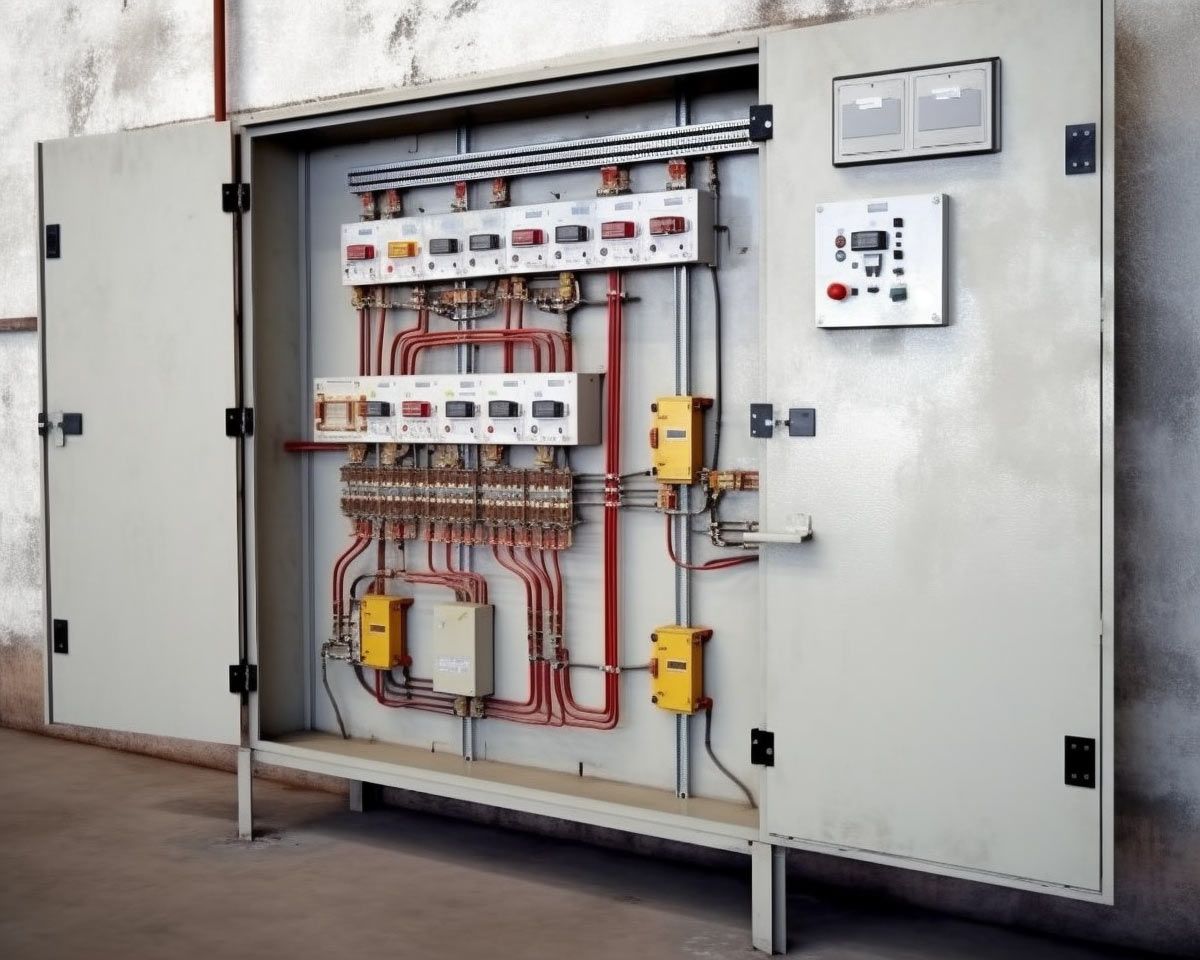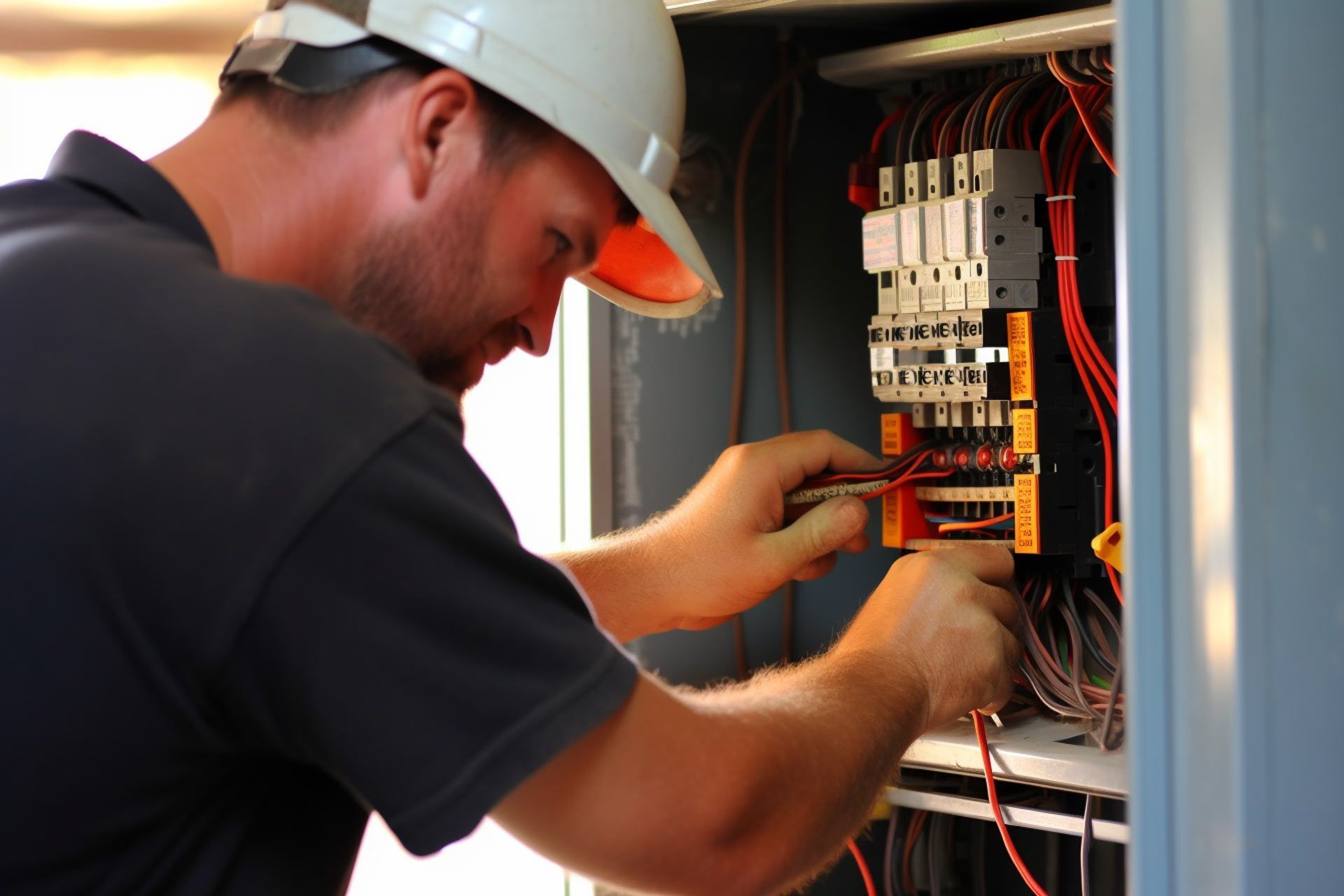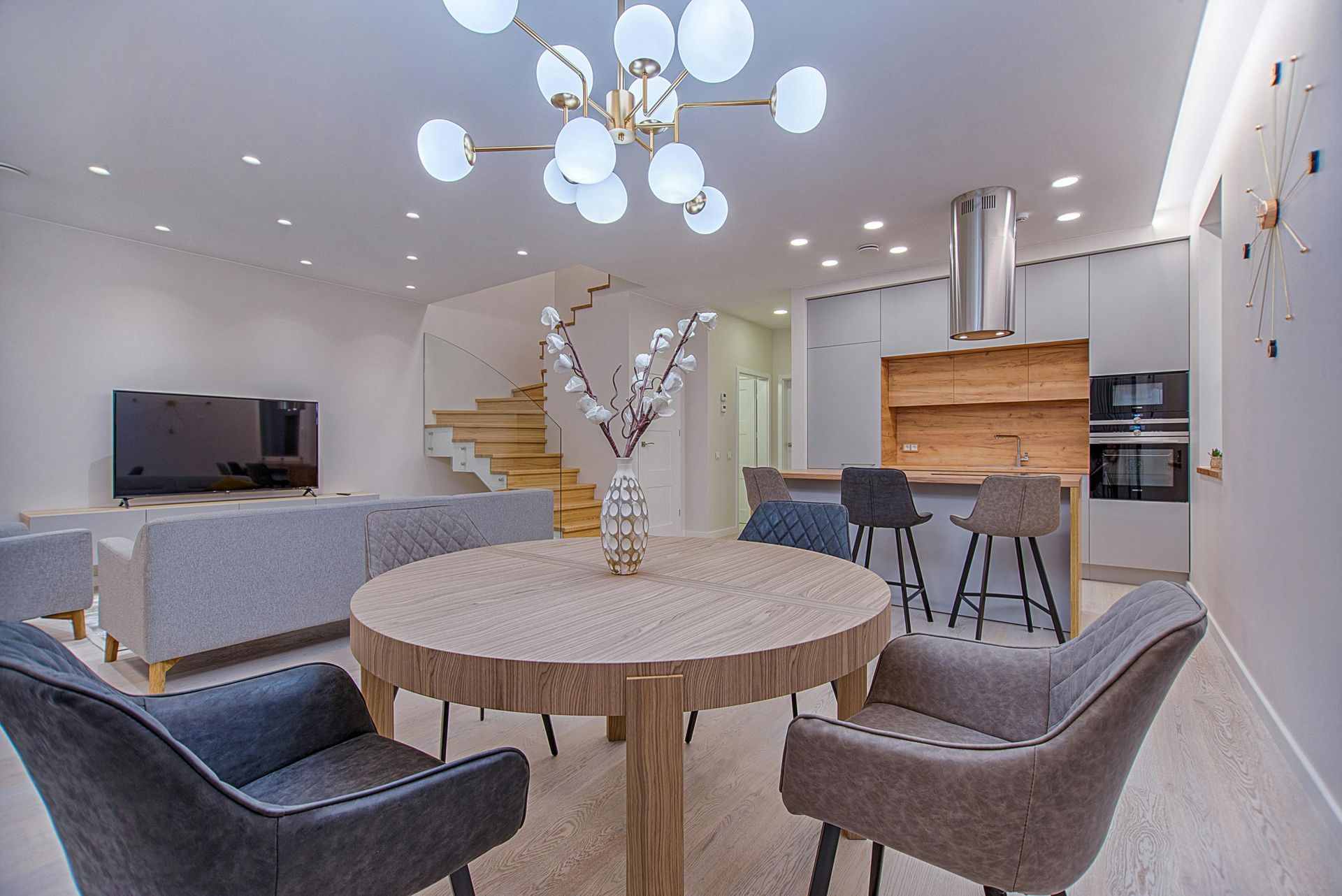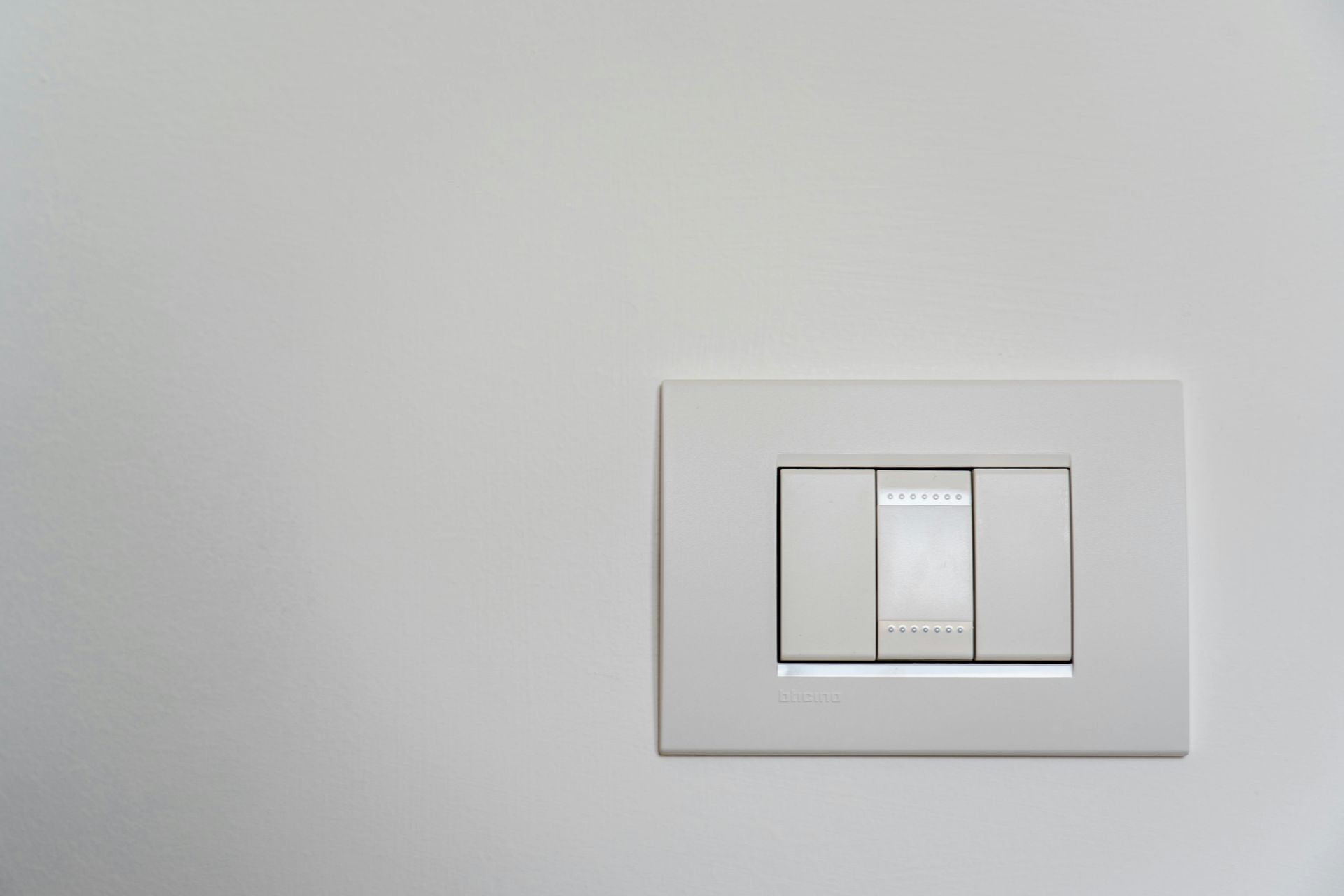What are the typical costs of electrical services?
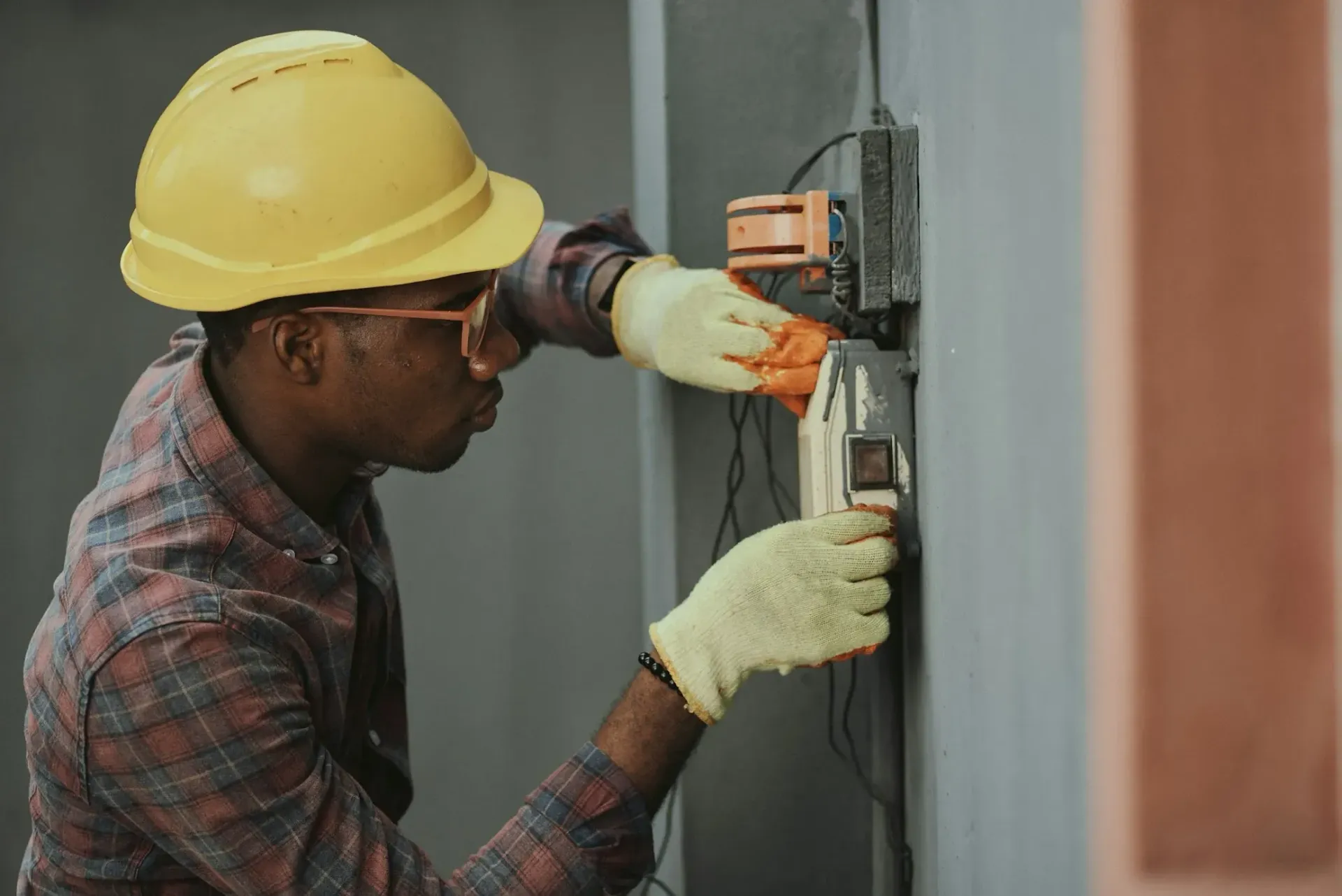
Deciphering the costs for electrical services is essential for homeowners planning any electrical work. Costs can vary widely, driven by the service needed, job complexity, and your location. This guide demystifies the expenses associated with common electrical tasks, including lighting installation, panel upgrades, and EV charger setups, to help you budget effectively.
Wiring and Rewiring
Wiring and rewiring a home is a significant electrical project that directly impacts safety and functionality. The complexity and cost of these jobs can vary widely, depending on the age of your home, its size, and the extent of the work needed.
For new wiring, expect costs to range based on the per square foot measurement of your property, reflecting the comprehensive effort to install a safe and effective electrical system. The average rates fall between $4 to $9 per square foot for new construction, offering a baseline for budgeting.
Rewiring an existing home often costs more due to the complexities involved in accessing walls, replacing old wiring, and ensuring everything meets current electrical codes. Prices for rewiring typically start at $6,000 for a small home, escalating for larger properties or those with more complex needs, such as historic homes that require special care to preserve architectural integrity.
Remember, the need for additional outlets, modern lighting solutions, or specific installations like smart home technology can also influence the final cost of your wiring or rewiring project.
Electrical Panel Services
The heart of a home's electrical system is its panel, which requires attention to ensure safety and efficiency. Upgrading or replacing an electrical panel is a common service that reflects changing household energy demands.
Upgrades are essential when the current panel can't support household electricity usage, especially with the addition of high-demand appliances or smart home systems. The cost to upgrade or replace an electrical panel averages between $850 and $2,500, with variations depending on the panel's amperage and the home's overall electrical requirements.
A new installation might be necessary for older homes with outdated panels or in new construction. Costs can vary significantly based on the complexity of the installation and local building codes. For a standard 200-amp panel, homeowners can expect to pay $1,400 to $2,800 for a complete installation, including labor.
Remember, proper amperage is crucial to avoid circuit overloads. Consulting with a licensed electrician to assess your home's needs is a step you shouldn't skip.
Interior Lighting
Interior lighting installation varies widely, encompassing everything from basic fixture setups to sophisticated, smart lighting systems. This diversity means the cost can swing significantly based on the type of lighting, the complexity of the installation, and the quality of the fixtures chosen.
Basic light fixture installation starts at a relatively low cost, with homeowners spending an average of $133 to $414 per fixture. This range includes simple ceiling lights and wall-mounted lights, providing a cost-effective way to brighten up a space.
For those looking to make a statement or enhance a room's ambiance, chandelier installation represents a higher investment, combining the cost of the fixture itself with more complex installation requirements. Including the fixture, prices can range from $200 to $2,000. It's important to consider not just the initial price but also the compatibility of the lighting with your current electrical system.
Smart lighting systems, which offer control over lighting levels, colors, and automation, represent the high end of the cost spectrum. Initial setup costs can be offset by the systems' energy efficiency and convenience. Pricing for smart lighting can start from a few hundred dollars for basic kits and extend into thousands for whole-house systems, significantly influenced by brand and technology level.
Outlets and Switches
Upgrading or installing new outlets and switches is a common task in both renovation projects and new constructions. It's not just about functionality; safety considerations, such as the installation of GFCI outlets in wet areas, are crucial.
Standard outlet and switch installations are among the more affordable electrical services. Installing a new conventional outlet typically ranges from $120 to $150. This includes the labor and materials needed for a basic setup, ensuring that your home meets the latest electrical codes and safety standards.
GFCI outlets, designed to prevent electrical shock in areas prone to moisture, such as bathrooms and kitchens, represent a slightly higher investment due to their advanced safety features. The cost to replace a conventional outlet with a GFCI outlet averages between $140 and $200, a small price for enhanced safety.
Smart outlets and switches add convenience and energy efficiency to your home, allowing for remote control of appliances and lights. The cost for these installations is generally higher, reflecting the advanced technology. For a smart outlet installation, homeowners can expect to spend between $150 and $300 per outlet, depending on the brand and functionality desired.
Electric Vehicle Charger Installation
The surge in electric vehicle (EV) ownership has made home EV charger installations a key upgrade for efficiency and convenience. Here's what to know about the costs involved:
For Level 1 chargers, which use standard outlets, most of the expense is in the charger itself. These are the simplest and most cost-effective to install, offering the slowest charging speed.
Level 2 chargers require a 240-volt outlet and are a step up, promising faster charging times. Installation for these chargers, including necessary electrical work, can cost between $600 to $2,000. Factors affecting price include the charger's make, required electrical upgrades, and labor.
It's important to note that installations may need permits or inspections to meet local regulations, potentially adding to the total cost. Consulting a licensed electrician with EV charger experience is crucial to ensure a safe, efficient setup tailored to your vehicle and home.
Hourly Rates
Navigating electrical project costs starts with understanding electrician hourly rates, which vary by expertise.
- Apprentice Electricians typically earn $40-$60 per hour. They're newcomers, learning on the job under more experienced supervision.
- Journeyman Electricians, having completed their apprenticeships and passed proficiency exams, charge $60-$90 per hour.
- Master Electricians are the elite, with extensive experience and comprehensive examinations under their belts, justifying $90-$120 per hour rates.
Each level brings its own skill set, influencing project costs and outcomes.
Cost Factors
The overall cost of electrical services is shaped by several key factors beyond the electrician's hourly rate. Understanding these can help you better anticipate the total price of your project:
- Complexity of the Job: Intricate tasks requiring advanced skills or specialized tools often come at a higher cost.
- Materials Required: High-quality materials or specific equipment needed for your electrical project can significantly impact the final price.
- Accessibility: Difficult-to-access work areas may increase labor time and costs due to additional prep or equipment.
- Emergency Services: Needing work done outside of regular business hours? Emergency or after-hours services usually carry a premium.
These factors underscore the importance of a detailed quote from your electrician, ensuring all aspects of the job are considered in the cost estimate.
Electrician Costs by Location
Electrician costs are not one-size-fits-all; they can vary significantly based on where you live. Regional differences in the cost of living, licensing requirements, and the availability of electricians all play into the hourly rates and overall service costs you might encounter.
- In urban areas or cities with a high cost of living, electrician rates tend to be at the higher end of the spectrum due to increased operational costs and demand for services.
- Conversely, in rural areas or regions with a lower cost of living, you might find more affordable rates.
- Additionally, specific states or cities may have stricter licensing requirements or higher insurance costs, which can also impact the cost of hiring an electrician.
This geographic variation emphasizes the importance of getting local quotes to understand the cost implications for your specific area.
Frequently Asked Questions
How can I save money on electrical services?
Bundle small jobs together to make the most of your electrician's visit. Also, sourcing your own high-quality materials may reduce costs, but consult your electrician first to ensure compatibility.
What’s the difference between a journeyman and a master electrician?
A journeyman electrician has completed an apprenticeship and passed a standard test. A master electrician has further experience and has passed a more comprehensive exam, often qualifying them to run their own businesses and handle more complex projects.
Is it worth upgrading my electrical panel?
Yes, if your current panel is outdated or you're adding significant electrical loads to your home. An upgraded panel improves safety and accommodates modern electrical needs.
Can I install an electric vehicle (EV) charger myself?
It's recommended to hire a professional, especially for Level 2 chargers. Incorrect installation can lead to safety risks and may void warranties or insurance policies.
Do I need a permit for electrical work in my home?
Often, yes. Most electrical work requires a permit to ensure it meets local codes and safety standards. Your electrician can usually handle the permit process for you.
Conclusion
Understanding the costs associated with electrical work is crucial for effective planning and budget management. This guide has broken down the key components that influence these costs, from the type of work needed to the location of your project. Engaging with professional electricians not only ensures your home's safety and functionality but also contributes to its long-term value. As you move forward, leverage the insights from licensed experts to navigate your electrical upgrades or repairs with confidence.
If you're in the Lehi, American Fork, Pleasant Grove, Sandy, or Draper areas and in need of comprehensive electrical services, Bar H Bar comes highly recommended. Offering a wide range of services including electrical service and repair, electric car charger installations, electrical panel work, interior lighting setups, outlets and switches, spa hookups, and wiring & rewiring, they're equipped to handle all your electrical needs. Their expertise ensures that your projects, whether big or small, are executed with precision and safety in mind.
What sets
Bar H Bar apart is not just their broad service offering but their commitment to quality and customer satisfaction. Serving a variety of locations means they understand the specific requirements and standards of different communities, ensuring a personalized approach to each project. Whether you're looking to upgrade your home's electrical panel, install energy-efficient lighting, or get that new spa hooked up, Bar H Bar's professional team promises to deliver reliable and efficient solutions tailored to your needs.
